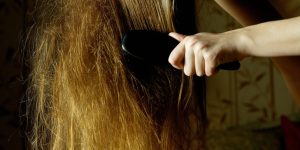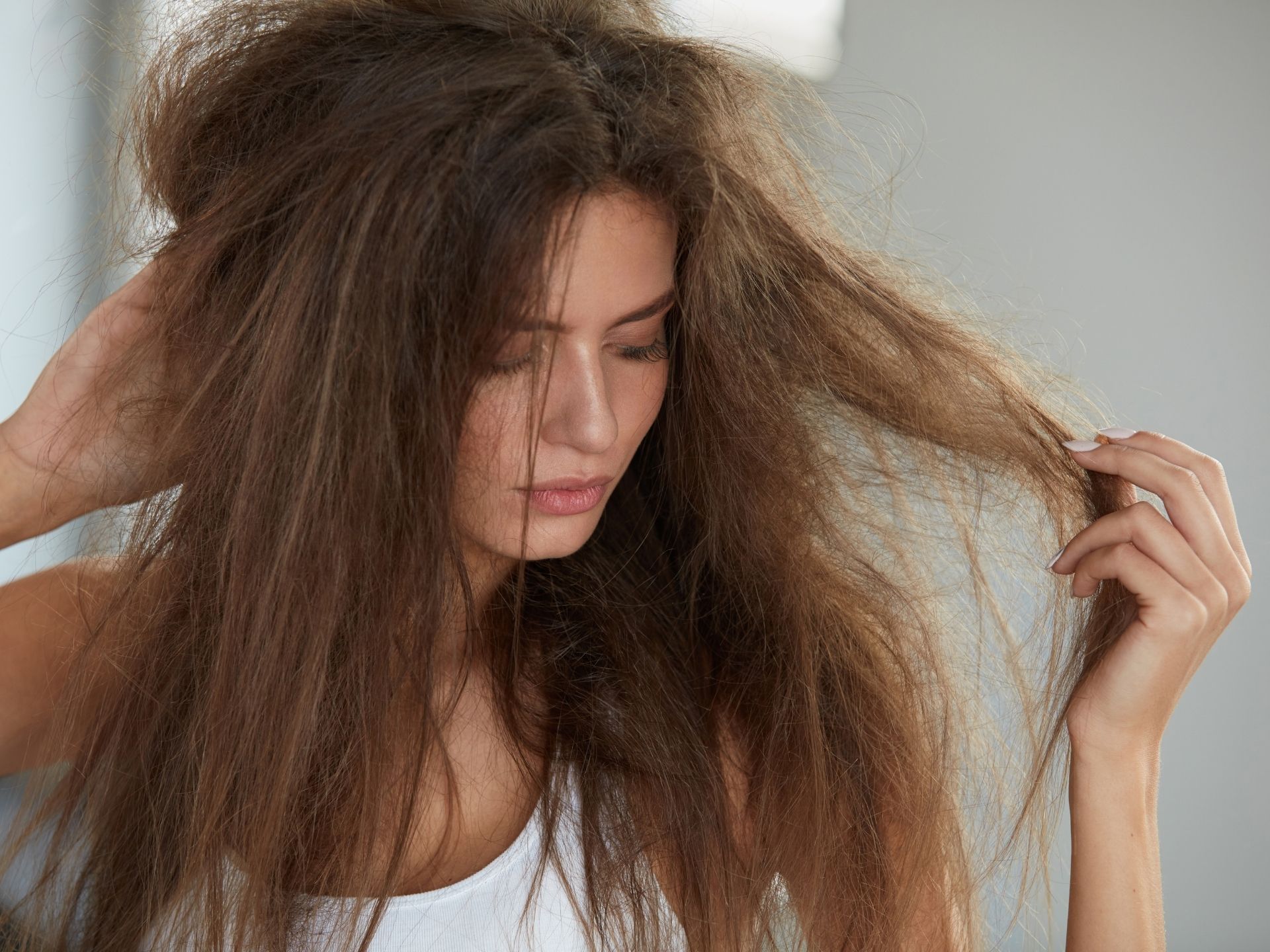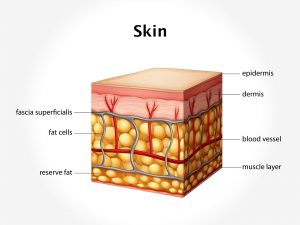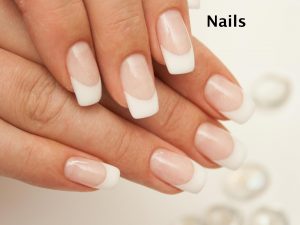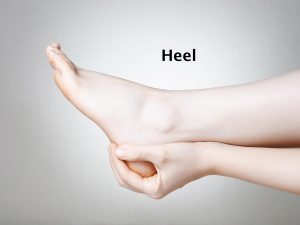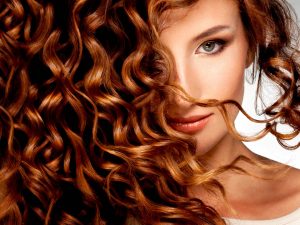Causes and risk factors
Accumulated oil block the pores not allowing the oil to flow on to the surface of the scalp, thus leading to dry hair. Factors that lead to dry hair include overexposure to sun, excessive washing, or using harsh soaps or shampoos, frequent blow-drying, using hair straighteners or curling irons. Diseases like Menkes, kinky hair syndrome, Kwashiorkor disease, hypoparathyroidism, hypothyroidism, and anorexia nervosa can also cause dry hair.
Clinical presentation
Patient presents with dryness of hair for most of the days in spite of regular oiling and washing. There is accompanied hair loss. Most commonly there are split ends to the hair. Hair is brittle and fall off easily. Dandruff may be present. Patients with dry hair is most likely to have dry skin.
Investigation
Medical history by the patient and clinical examination by the doctor helps in diagnosis. Blood tests may be done to rule out medical condition, if any.
Treatment
Treatment depends upon the underlying cause. Shampooing less frequently, using a protein-enriched conditioner to repair hair damage. Avoiding blow drying and harsh styling products. Using a shampoo and conditioner that is specifically meant for dry hair. Using alcohol-free hair products will help in managing dry hair. Some home remedies for dry hair include application of olive oil, eggs, honey, banana, and washing them after half an hour will contribute to the treatment.
Other Modes of treatment
The other modes of treatment can also be effective in treating dry hair. Homoeopathy is a science which deals with individualization and considers a person in a holistic way. This science can be helpful in combating the symptoms. Similarly, the Ayurvedic system of medicine which uses herbal medicines and synthetic derivates is also found to be effective in treating dry hair.
